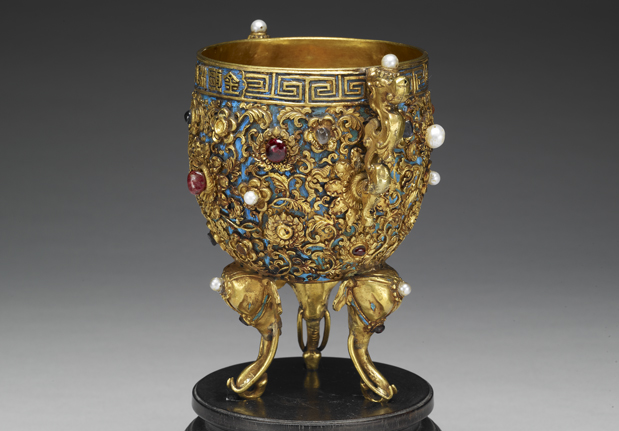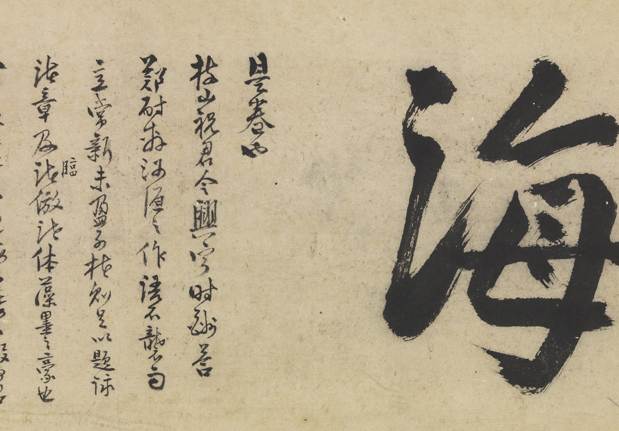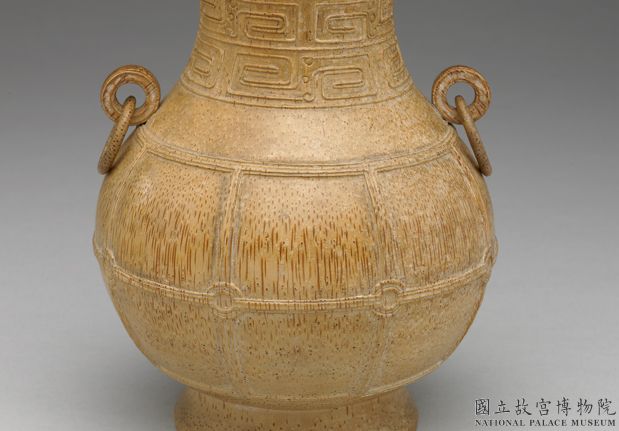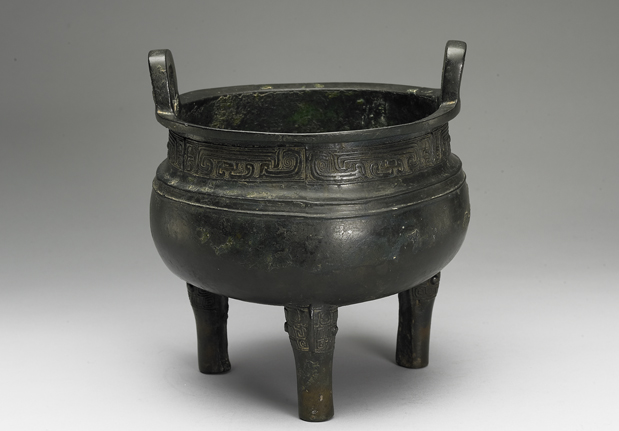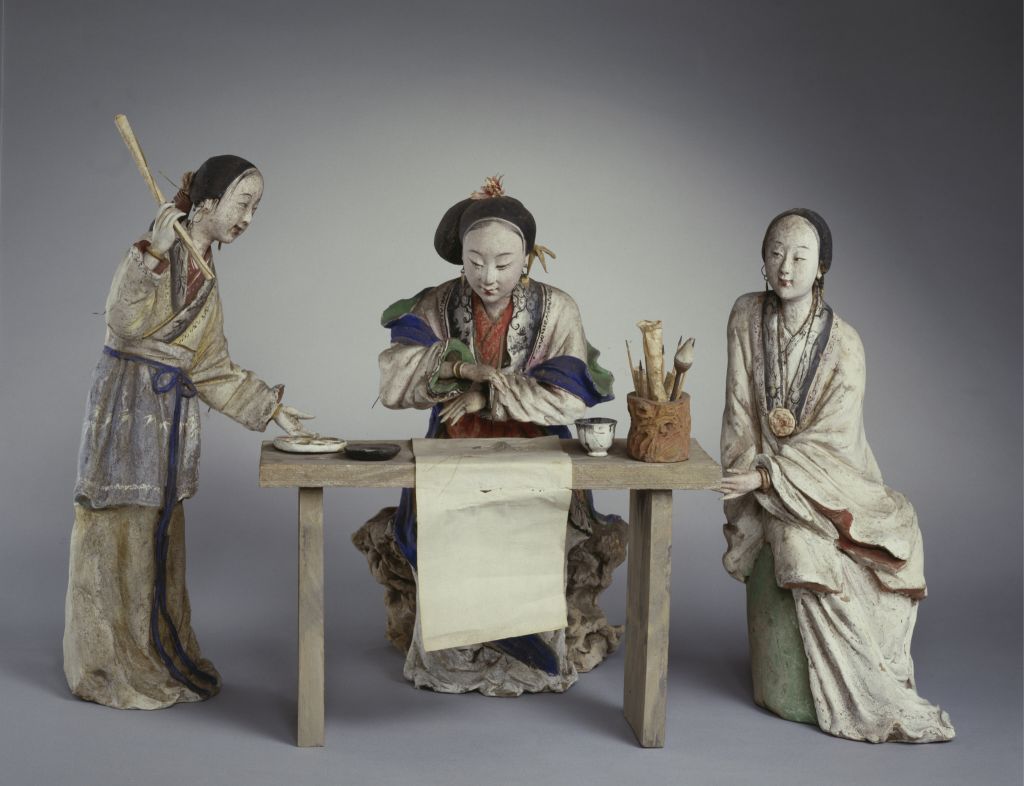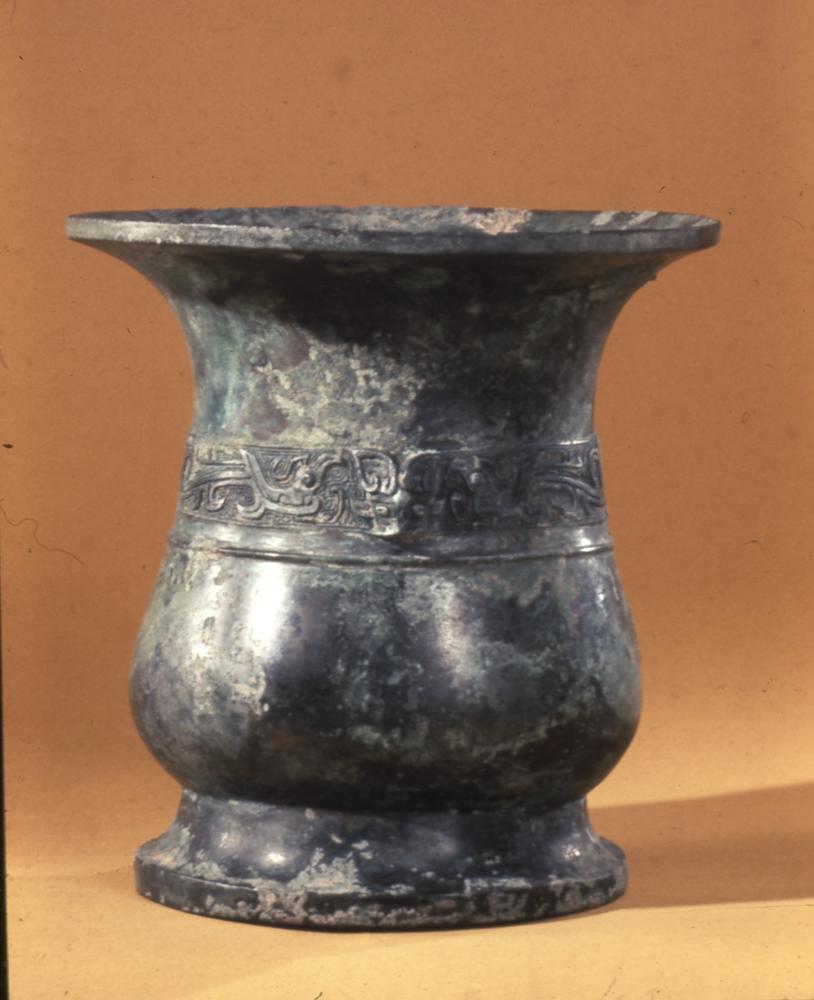[Guo Ju Buried Brick]
Guo Ju Buried Brick, Northern Song Dynasty, 19.1 cm long, 25.5 cm wide, and 3 cm thick
The portrait brick is rectangular, the inside of the brick surface is chiseled into the shape of a pot door, and the inside of the pot door is embossed with character stories. The word “Guo Ju” is engraved on the front. The man on the left has a hood, a narrow sleeve robe, a lace up at the waist, and a pair of shoes. He held a shovel to dig. The woman on the right holds the child. The woman has a beautiful face and a calm look. She seems to regard burying the child as a normal thing, but the child tightly holds her mother. She looks nervous and seems to be aware of the approaching danger. A cauldron of gold glitters in the lower part of the picture. From the picture and the inscription, we can see that the brick of this portrait is the story of the filial son Guo Ju burying his son
Guo Ju, born in the Han Dynasty, is a poor family. Every time he provides his mother with food, his mother must give it to his grandson. Guo Ju then said to his wife that his son shared his mother’s food, because his family was poor and his mother could not eat enough. The son can reproduce, but the mother has only one, and can’t let the mother starve. So he decided to bury his son, and his wife also took it for granted. However, when he dug three feet into the ground, he found a cauldron of gold. The inscription on the cauldron read, “God sent Guo Ju, officials can’t take it, and people can’t take it”
The image of Guo Ju burying his son has appeared in the Wei, Jin and Southern and Northern Dynasties. The image of Guo Ju is engraved on the sarcophagus of Xiaozi in the Northern Wei Dynasty in the Nelson Art Museum of the United States; This scene is also found in the painted bricks of the Southern Dynasty unearthed in Dengzhou, Henan Museum, with the words “Guo Ju”, “wife” and “Jin Xi cauldron”. This theme was listed as one of the twenty-four filial piety in the Northern Song Dynasty and became a popular story at that time
This story of filial piety with a perfect ending has been sung by many people in the past dynasties, and has firmly occupied a place in the Twenty-four Filial Piety and has been handed down to this day. But it is difficult to win the sympathy and appreciation of modern people. After reading the “Twenty-four Filial Pieties”, Lu Xun ironically said that not only did he give up the idea of being a filial son, but also he was afraid that his father would be a filial son, especially when his family was declining and his grandmother was still alive. If his father really became a filial son, it would be him who should be buried.
![图片[1]-Guo Ju buried bricks-China Archive](https://chinaarchive.net/Northern Song dynasty/Sculpture/13783[1024].jpg)
